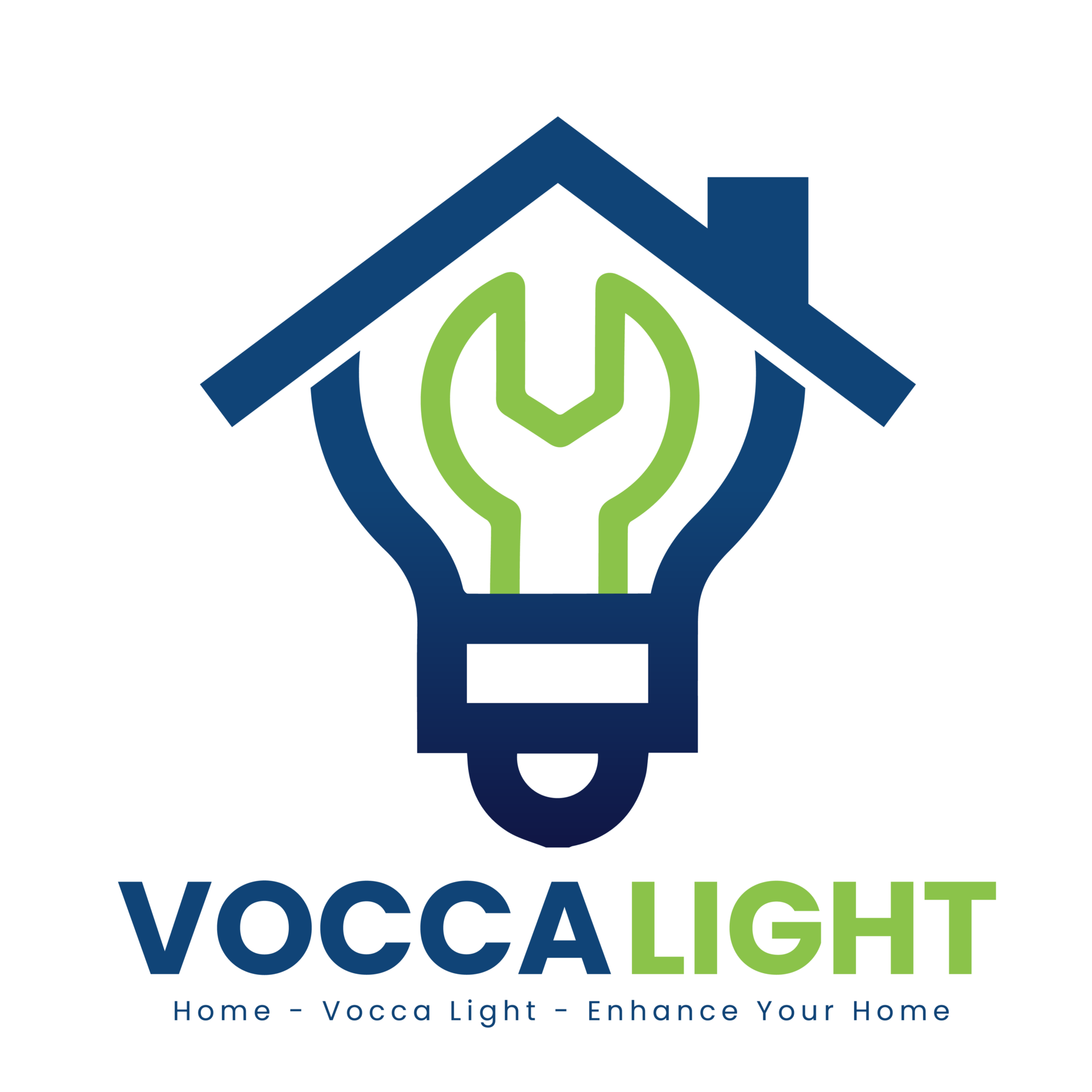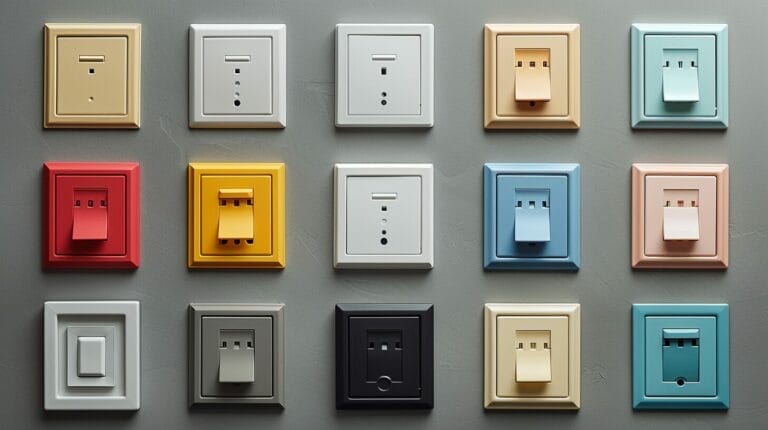Merits and Demerits of Solar Energy: A Comprehensive Analysis
As we explore the complexities of solar energy, we uncover a tapestry of benefits and drawbacks that shape its viability for homeowners. The allure of clean, renewable power draws many towards solar solutions, yet the practicalities of implementation and long-term effects warrant closer examination. By dissecting the merits and demerits of solar energy, we can gain a deeper understanding of its impact on our daily lives and the environment.
Let’s unravel the intricacies of this sustainable energy source together.
Key Takeaways
- High initial investment cost may be a barrier for some homeowners.
- Solar energy reduces carbon footprint, promoting sustainable practices.
- Solar panels have a long lifespan of 25-30 years.
- Space requirement for solar panel installation can be a limitation for some properties.
- Tax credits and incentives are available, offering economic benefits.
Understanding Solar Energy: A Sustainable Option for Homeowners

Solar energy is a sustainable option for homeowners aiming to lessen their carbon footprint and energy costs, significantly saving with solar. By leveraging sunlight through solar panels, homeowners can access a clean, renewable energy source and even store excess energy with a solar battery.
The trend of homeowners transitioning to solar energy is gaining momentum, spurred by the desire to support sustainability and diminish dependence on traditional fossil fuels. This shift towards solar energy symbolizes a proactive step towards a greener future, where individuals control their energy consumption and environmental impact.
The main advantage of solar energy for homeowners is its renewable nature. Unlike finite fossil fuels, sunlight is plentiful and can be continually harnessed to power homes. By installing solar panels, homeowners not only decrease their carbon footprint but also contribute to the overall encouragement of sustainable practices within their communities. Adopting solar energy extends beyond cost savings—it symbolizes a conscious decision to back a cleaner and more eco-friendly energy option.
Advantages of Using Solar Energy: Why It’s Worth the Cost

Weighing the economic benefits, environmental advantages, and increased property value, solar energy proves a worthwhile investment for homeowners. Here’s why:
- Savings on Electricity Bills: Solar panels enable homeowners to generate their electricity, leading to substantial savings on monthly utility bills and the opportunity to sell excess energy to the grid.
- Tax Credits and Incentives: Governments often offer tax credits and incentives for installing solar panels, further reducing the overall cost.
- Environmental Impact: Solar energy users contribute to reducing carbon footprints and promoting sustainability, making solar installations a preferred choice.
- Property Value Increase: Properties equipped with solar panels often have higher market values, offering a return on investment beyond mere energy savings and possibly the best deal in the long term.
Adopting solar energy aligns with eco-friendly practices, enhances property value, guarantees a reliable and sustainable energy source, and offers financial benefits through reduced electricity costs and government incentives.
The Practical Considerations: Pros and Cons of Solar Energy for Daily Use

After considering the advantages of using solar energy, it’s crucial to evaluate its practical aspects, including sunlight accessibility, energy storage, and integration with existing power grids.
- Sunlight accessibility affects the efficiency of solar energy systems, with geographical location and seasonal variations impacting energy production.
- Energy storage is another significant factor, with battery systems crucial for storing excess energy produced during peak sunlight hours for use during low sunlight or nighttime.
- Integration with existing power grids is vital for a stable and reliable energy supply, allowing for seamless transitions between solar and grid power.
While solar energy offers many benefits such as sustainability and cost savings, it’s essential to balance these with factors like setup costs, maintenance requirements, and sunlight availability limitations to make informed decisions about its practical use.
The Downsides: Cons of Solar Energy Homeowners Should Consider

The financial implications of initial installation costs warrant careful evaluation. While solar energy offers numerous benefits, there are cons homeowners should consider:
- Cost of Solar Panels: The initial investment can be high.
- Space Requirement: Solar panels require sufficient roof space, which may not be available for all homes.
- Environmental Impacts: Manufacturing and disposal of solar panels can have environmental consequences, including greenhouse gas emissions and waste generation.
- Financial Investment: While solar energy, a source of clean energy, can lead to long-term savings on energy bills, the upfront costs of solar installation may pose a financial challenge for some homeowners.
It’s crucial to consider these factors when deciding if solar energy is the right choice for your home.
Comparing Solar Energy: Weighing the Pros and Cons Against Other Energy Sources

How does solar energy’s efficiency compare to fossil fuels and other renewables? How do the lifespan and durability of solar panel systems measure against other energy sources? Solar energy stands out for its exceptional efficiency and sustainability. Solar panels typically last 25-30 years and require minimal maintenance, making them more durable compared to other energy sources. Technological advancements have further boosted solar energy’s efficiency and reduced costs, making it a competitive option in the energy sector.
| Aspect | Solar Energy | Fossil Fuels | Other Renewables |
|---|---|---|---|
| Efficiency | High | Varies | Varies |
| Lifespan | 25-30 years | Limited | Varies |
| Durability | Highly durable | Less durable | Varies |
Technological advancements in solar energy promise further growth and innovation in the energy industry as we move towards a more sustainable future.
Conclusion
To sum up, shifting to solar energy offers numerous benefits for homeowners, including:
- savings on electricity bills,
- tax credits, and
- a reduced carbon footprint.
While there are practical considerations to keep in mind, such as sunlight accessibility and initial setup costs, the long-term advantages outweigh the downsides.
By carefully weighing the pros and cons, homeowners can make an informed decision to embrace solar energy and contribute to a more sustainable future, with the benefits often outweighing the cons.
Frequently Asked Questions
What are the advantages of using solar energy?
Solar energy provides a renewable and sustainable source of energy, reduces electricity bills, helps lower carbon footprint, and promotes energy independence.
What are the disadvantages of solar energy?
The initial installation cost of a solar system can be high, solar power generation is dependent on sunlight availability, and solar panels require space for installation.
How many solar panels are typically needed for a residential installation?
The number of solar panels required for a residential installation depends on factors such as energy consumption, panel efficiency, and available space for installation.
What is the federal solar tax credit and how does it benefit solar energy users?
The federal solar tax credit provides a financial incentive to individuals or businesses installing a solar system by offering a percentage reduction in income taxes equal to a portion of the total cost of the system.
Can solar energy users sell excess energy back to the grid?
Yes, through a process called net metering, solar energy users can feed excess energy generated by their solar system back to the grid for compensation or credit on their electricity bills, showcasing the pros of solar.







